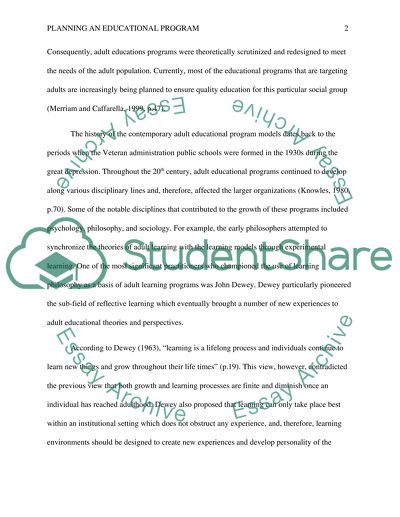Cite this document
(“Planning an Educational Program Article Example | Topics and Well Written Essays - 2500 words”, n.d.)
Retrieved from https://studentshare.org/education/1398686-planning-an-educational-program
Retrieved from https://studentshare.org/education/1398686-planning-an-educational-program
(Planning an Educational Program Article Example | Topics and Well Written Essays - 2500 Words)
https://studentshare.org/education/1398686-planning-an-educational-program.
https://studentshare.org/education/1398686-planning-an-educational-program.
“Planning an Educational Program Article Example | Topics and Well Written Essays - 2500 Words”, n.d. https://studentshare.org/education/1398686-planning-an-educational-program.


